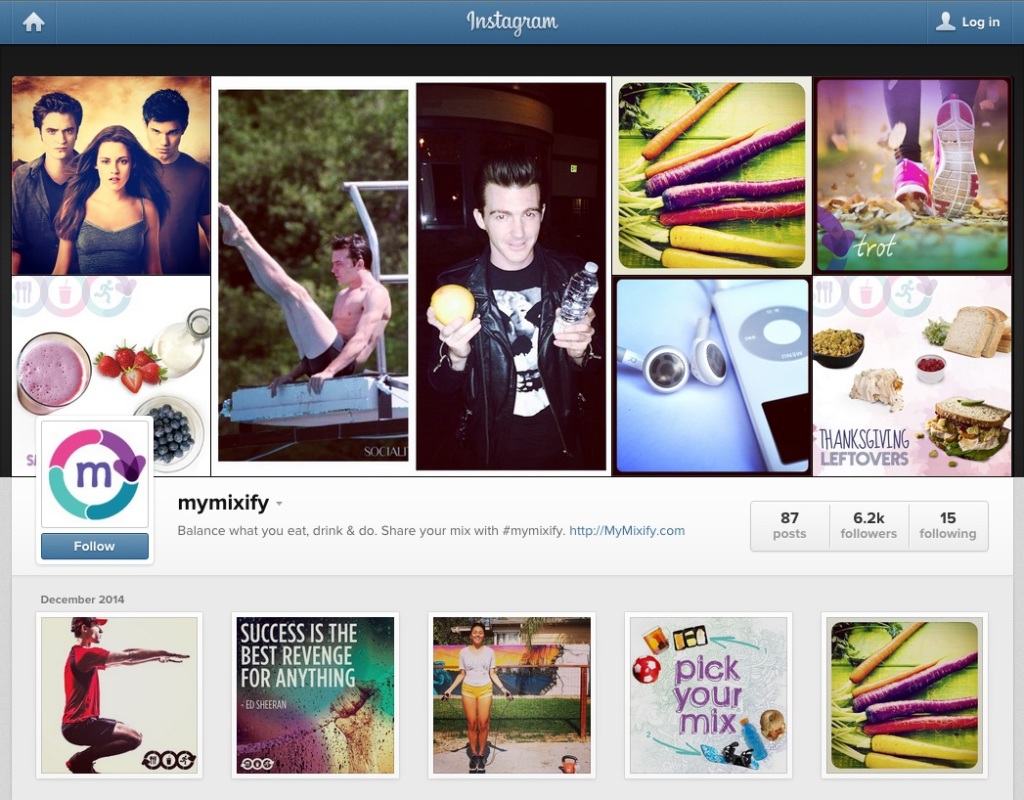Manufacturers of tobacco and alcohol products have been blamed by society (and courts) for profiting form products that harm our health and cause injury. As a result, they’ve paid millions in reparations, and been significantly regulated with regard to where their products can be advertised, where they can be sold, and who can consume them. This undoubtedly has a negative impact on sales and profits.
It’s becoming more difficult (yet still not impossible) for companies to profit from the sale of products that kill people. Despite regulations and public awareness campaigns, the tobacco and alcohol industries continue to make millions from sales.
In recent years consumer advocacy groups and those involved in health and wellness have targeted soft drinks and other high sugar beverages as a leading cause of diabetes and obesity.
This would make the soft drink manufacturers responsible for what some claim is the number one cause of death in America. [CDC, WHO] Communities have demanded that soft drinks (and candy) be removed from schools.
Rather than going on the defensive, the world’s biggest beverage companies have joined forces to create a consortium-based advertising campaign that addresses obesity and diabetes head on. It’s called Mixify, “a new initiative that’s all about supporting your efforts to balance what your family eats and drinks with the physical activity that they get.”
Cynical critics would say this is a just marketing ploy and consumer relations stunt designed to divert attention away from the profiteering and harm that continues through soft drink sales: “Look over here! We were once part of the problem, but now we’re part of the solution,” says the wolf in sheep’s clothing.
The message isn’t new. It’s similar to the trucks delivering alcoholic beverages that have a sticker on them stating, “Drink Responsibly” as they unload truckloads of beer kegs to the center of college campuses across the nation. Everyone knows there will be irresponsible drinking, and the injury that comes from it. Yet, somehow the sticker implies that the company has done their part to promote responsible drinking. It’s like a drug dealer selling heroine and telling the users to shoot-up responsibly.
Reaching Teens
The Mixify website states:
“Coke, Dr Pepper and Pepsi understand that getting a balanced mix of foods, drinks and physical activities for your family isn’t always easy. That’s why we’re coming together for the first time ever to talk to teens about balancing what they eat and drink with what they do.”
Can we trust the companies making millions from soft drink sales to educate our youth about balanced beverage consumption?
Social Media Campaign
The Mixify campaign intends to reach teens wherever they are:
“Mixify is all about making balance relevant to teens—online, in-between their favorite TV shows and into their daily lives on social media and at Mixify events across the country.” (Source: Mixify)
The Instagram page for MyMixify is designed to attract youth, through graphics and images of their Hollywood idols:
Are Healthy Alternatives Healthy?
Sure, healthier alternatives are offered, like brewed teas. Yet those have just as much diabetes fueling sugar and carbs as the soft drinks. Even the ones advertised as “just a tad sweet” are very high in carbs. Other natural alternatives that are offered advertise “made with real sugar” in response to public concern about high fructose corn syrup.
For some people, trying to cut back a little on soft drinks is like a smoker trying to have just a few cigarettes a day. It’s very difficult for those people who feel an addictive desire for soft drinks.
Part of the problem with consuming foods and beverages high in carbs and sugar is that they fuel our appetite and thirst rather than quenching it. What if the most responsible message is to tell people they should completely stop drinking soft drinks? Could the industry deliver that message?
Those who are less cynical will see the Mixify campaign as a genuine and sincere action on the part of soft drink manufacturers to shift their business model and advertising toward promoting more healthy choices.
Learn More
Below are links for further reading.
- American Beverage Association Video Ads on Vimeo – Mixify video ads.
- DeliveringChoices.org/Mixify – Campaign page and other social responsibility information from the American Beverage Association.
- Instagram.com/MyMixify
- MyMixify.com – “Tips, tools and inspiration to help find a balance that’s right for you.
Share your mix with #mymixify” - The Correlation Between Nutrition Label Readability and Nutritiousness of Food Products – Part of the MyMixify campaign is to correct for misleading advertising on nutrition labels. This article addresses the topic of nutrition labels.

